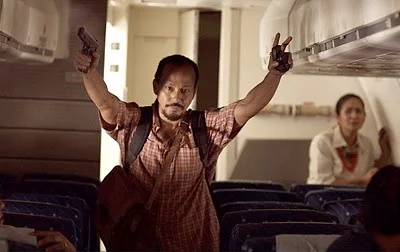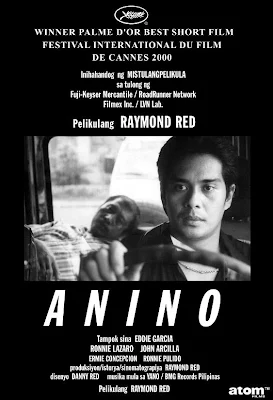In tribute to Gertjan Zuilhof (1955 - 2025) who made this program possible
Some months ago, Gertjan Zuilhof of the Rotterdam Film Festival asked me right out of the blue to program films I'd written about in my book Critic After Dark. I originally had over ten choices, narrowed down to seven features and a collection of shorts, made a few compromises along the way but otherwise felt happy about what I'd been able to bring to festival audiences last January 2006.
.jpg)



